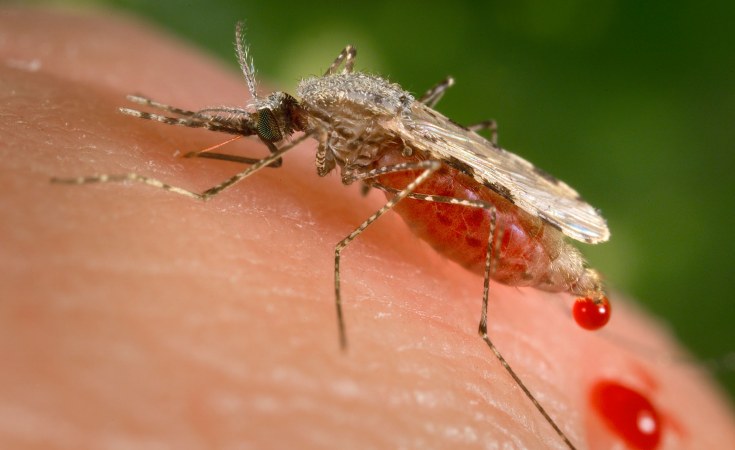Addis Abeba — The Tigray Regional Health Bureau has reported an alarming surge in malaria cases, with 17,000 new infections recorded weekly over the past two weeks and 13 related deaths documented in the last three months.
Aregay Gebremedhin, head of the Disease Prevention and Control Team, told Deutsche Welle (DW) that the disease is spreading across 66 districts in the region. He attributed the rise to limited access to medication and insufficient mosquito control measures.
Aregay noted that the aftermath of the war in the region has had a significant impact on healthcare services. He highlighted shortages of medical professionals, delays in the supply of essential drugs, and interruptions in anti-mosquito interventions as key challenges complicating malaria control efforts.
In July, the bureau reported a 60% increase in malaria cases, with 20 districts significantly affected. Of these, 10 districts reached epidemic levels.
The rise in malaria cases is part of a broader national trend. In Oromia, 1.4 million infections have been recorded in the past three months, compounded by conflict between federal forces and local militias that displaced over 1.5 million people. Humanitarian efforts, including the distribution of bed nets and medicines, have been disrupted, leaving communities vulnerable.
Similarly, the Amhara Public Health Institute recently reported 37 malaria-related deaths and over 64,000 new cases in a single week. Ongoing security challenges have hindered disease monitoring and control efforts, exacerbating the spread.
The World Health Organization (WHO) recently released a new report on malaria in Ethiopia, revealing that the country reported over 7.3 million cases and 1,157 deaths between 01 January and 20 October, 2024.


